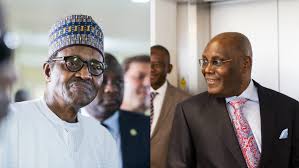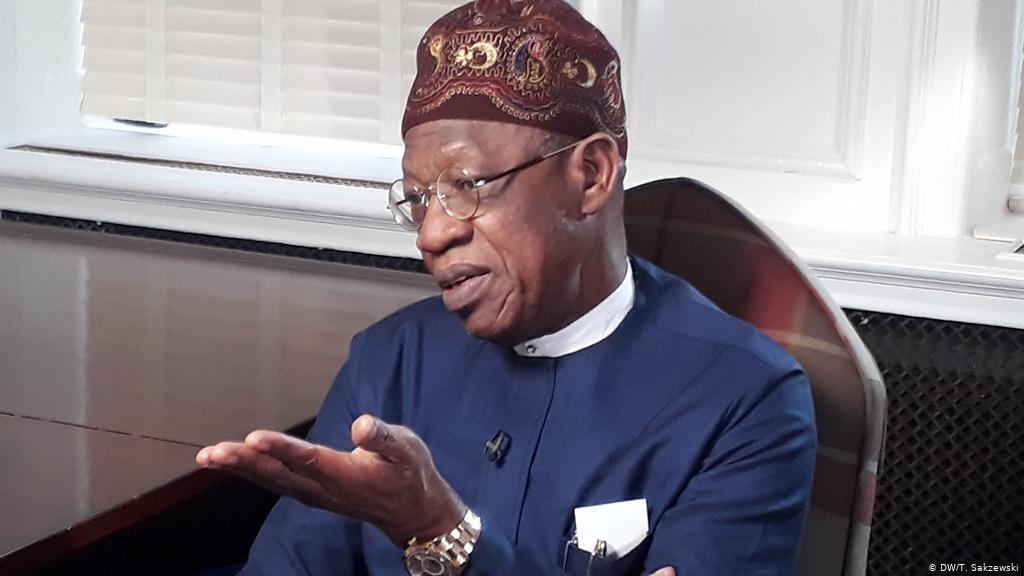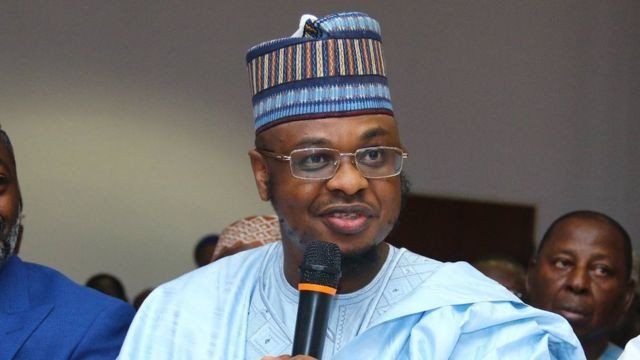It’s only hours to the end of 2019. The outgoing year will be remembered by Nigerians for quite a number of unusual events. The year, which began on a rather calm note, took a dramatic turn early January with the filing of false assets declaration charges against then Chief Justice of Nigeria, Justice Walter Onnoghen, at the Code of Conduct Tribunal.
Onnoghen’s suspension from office on January 25 by the President, Major General Muhammadu Buhari (retd.), acting on a controversial ex parte order of the Danladi Umar-led CCT; the arraignment of then Nigeria’s number one judge before the CCT in February; and Onnoghen’s eventual conviction of criminal charges in April, were all unprecedented events never witnessed before in the history of the country. These events left Nigerians with a potpourri of feelings, more so, as the handling of the then CJN’s case threw up constitutional and legal questions and caused political uproar, that even Nigeria’s international friends, including America and the EU, could not but express misgivings about the process. However, the Presidency insisted that the retired General followed the law in Onnoghen’s suspension and his immediate replacement with Justice Tanko Muhammad.
General elections and Buhari’s victory
The 2019 general elections, that took place on February 23 and March 9, was historical on many fronts, including the fact that a total of 91 political parties registered and contested in the polls, with 73 of them fielding presidential candidates. The ballot papers for this year’s polls were the longest ever prepared in Nigeria’s history.
Buhari won a second term of four years in office by defeating 72 political rivals in the February 23 presidential poll. The retired General, who came tops with 15,191,847 votes, was inaugurated for a second term on May 29.
His closest rival, Atiku Abubakar, who got 11,262,978 votes, rejected and challenged the election result from the Presidential Election Petitions Tribunal up to the Supreme Court but he lost all the way. The apex court, in a summary judgment on October 30, affirmed Buhari’s victory and sealed Atiku’s defeat.
El-Zakzaky’s brief release
After being detained for four years in defiance to court orders, the Department of State Services on August 11 this year let out the leader of the Islamic Movement in Nigeria, Sheik Ibraheem El-Zakzaky, to travel to India for medical treatment. The medical trip was, however, short-lived and El-Zakzaky was flown back into the country and taken straight back into the DSS cell where he remains till date.
El-Zakzaky and Zeenat were constantly in the news in 2019, with incessant protests by IMN members, also known as Shi’ites, to demand their unconditional release. The protests, many times, turned violent in the face of police resistance.
Sowore arrested
One of the issues that dominated public discourse in Nigeria in 2019 and also generated international reactions was the arrest of SaharaReporters publisher, Omoyele Sowore, on August 3, ahead of his planned nationwide #RevolutionNow protest.
The detention of Sowore and his co-defendant, Olawale Bakare, in spite of express orders of court for their release, caused a backlash for the Buhari regime.
DSS frees Sowore, Dasuki
Barely two weeks after PUNCH’s harsh editorial, the regime bowed to public pressure, as the Attorney General of the Federation and Minister of Justice, Abubakar Malami, directed the DSS to free Sowore and Dasuki, who had been kept in custody for four years in defiance to a series of court orders, including that of the ECOWAS Court of Justice.
Orji Kalu’s conviction
The conviction and 12 years’ imprisonment of a former governor of Abia State, Orji Uzor Kalu, made the list of notable events of this year. Justice Mohammed Idris convicted Kalu of N7.1bn fraud, bringing to an end his trial that ran into 12 years. Kalu’s attempt to get a post-conviction bail pending the outcome of his appeal failed on December 23 before Justice Mohammed Liman in Lagos.
Court acquits Ladoja, Dufada
Unlike Kalu, a former Oyo State governor, Rashidi Ladoja, was freed of N4.7bn fraud charges in February after 11 years of legal battle with the Economic and Financial Crimes Commission.
Same was the fate of an ex-aide to former President Goodluck Jonathan, Waripamo-Owei Dudafa, who was freed of N1.6bn fraud charges pressed against him by the EFCC.
Maurice Iwu’s N1bn bail
Even if the arraignment of a former Chairman of the Independent National Electoral Commission, Prof. Maurice Iwu, for alleged N1.2bn fraud did not strike some as an unusual event, the fact that Justice Chuka Obiozor imposed a bail of N1bn on him should. It was perhaps the first time that a judge would impose such a huge bail condition on anyone in Nigeria. But the 69-year-old Iwu spent only nine days in the prison custody before meeting the unprecedented bail conditions.
2020 budget passed
On a cheering note, the 9th National Assembly made good its plan to return the country to a January-December budget cycle, with the passage of the 2020 budget of N10.59tn on December 6. This was a feat that had eluded the country for many years. For instance, the 2019 budget was not passed until May this year.
CULLED FROM punchng.com



